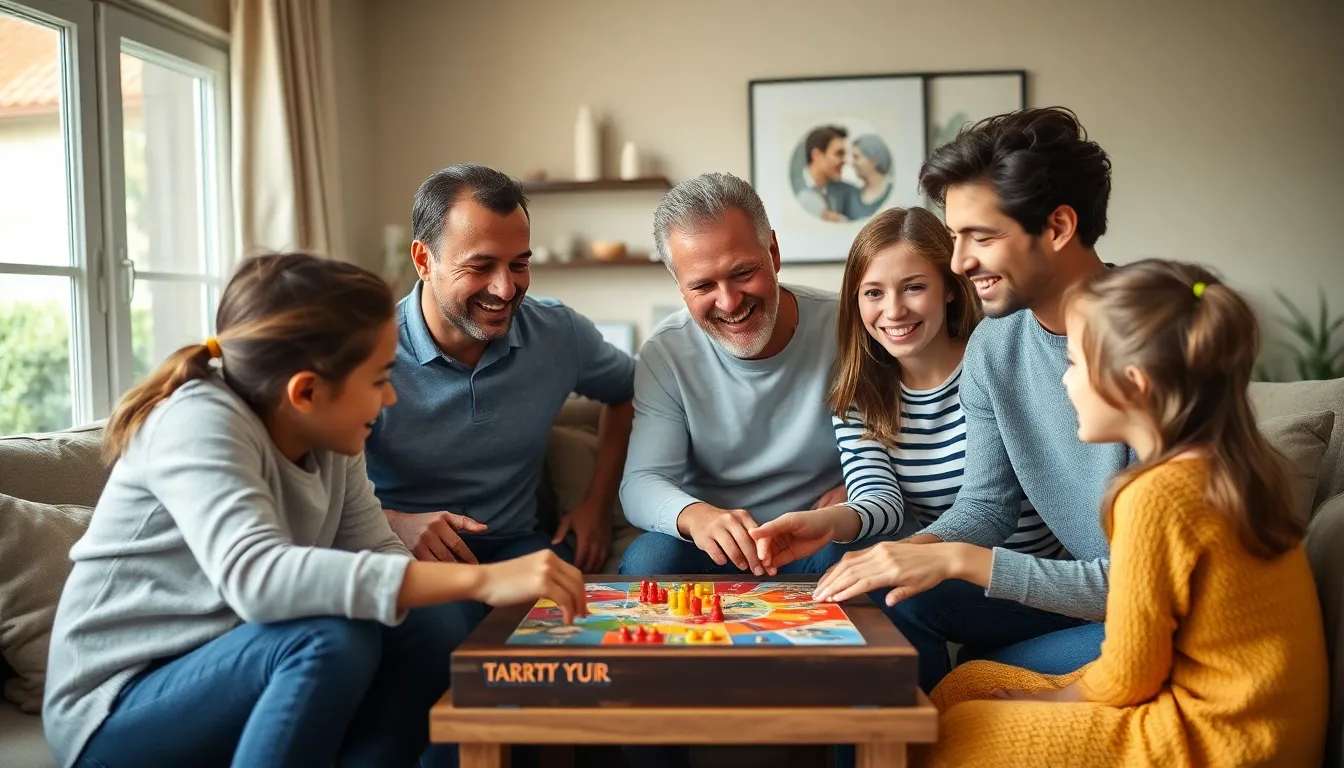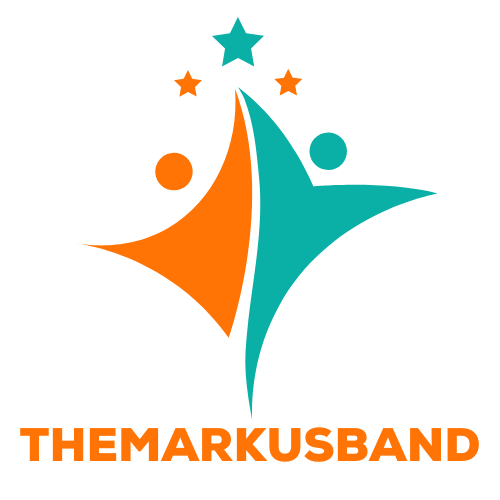When family dynamics get a little tangled, who says therapy has to be all serious and stuffy? Enter family therapy games and activities—your secret weapon for turning tension into laughter. These engaging experiences not only lighten the mood but also promote bonding in ways that traditional talk therapy just can’t match.
Imagine a family game night where everyone’s not just playing but also healing. From icebreakers that spark conversation to fun challenges that build trust, these activities are designed to help families navigate their quirks together. So why not swap the drama for some playful interaction? Embrace the fun side of therapy and watch as your family transforms through laughter and connection.
Table of Contents
ToggleUnderstanding Family Therapy Games And Activities
Family therapy games and activities facilitate improved communication and emotional connection among family members. Engaging in these activities encourages participants to express feelings more openly. Many games create a relaxed environment where families can address underlying issues in an enjoyable way.
Icebreakers serve as a great starting point. Activities like “Two Truths and a Lie” allow family members to learn more about each other. Fun challenges, such as trust falls, foster trust and collaboration.
Creative role-playing games promote empathy. By taking on different roles, family members gain insight into each other’s perspectives. This approach can break down barriers and encourage patience.
Structured activities, like family story creation, enhance bonding. Families unite to craft narratives that reflect shared experiences. This method highlights shared values and strengthens relationships.
Collaboration games build teamwork skills. Overcoming challenges together reinforces the idea that families work best when supporting each other. Such games can range from scavenger hunts to building projects, catering to various ages.
Therapists often tailor activities based on individual family dynamics. This customization ensures that the chosen games resonate with each family member. Engagement in these activities leads to substantial progress in therapy.
Family therapy games and activities provide a wealth of benefits. They transform the therapeutic experience by making it engaging and interactive, fostering connections that promote healing.
Benefits Of Family Therapy Activities

Family therapy activities enhance family dynamics and foster healing through interactive engagement. They create an enjoyable environment, allowing family members to connect more deeply.
Improving Communication
These activities help families express feelings in a safe setting. Open discussions emerge during games, leading to better understanding among members. Participants learn to listen actively while sharing thoughts. Engaging in fun activities encourages individuals to articulate emotions they might otherwise suppress. Games such as “Two Truths and a Lie” facilitate conversations that reveal personal stories and insights. Inviting all family members to contribute fosters accessibility in communication. Ultimately, improved dialogue strengthens relationships and reduces misunderstandings.
Building Trust
Trust builds through shared experiences and collaboration during therapy activities. Engaging in challenges requires vulnerability, which deepens connections among family members. Participants learn to rely on each other, fostering a supportive atmosphere. Activities like trust falls or team-based games encourage individuals to prioritize each other’s well-being. Sharing personal anecdotes during icebreakers also fosters closeness, as members see each other authentically. The combination of collaboration and open expression makes it easier for families to navigate conflicts. Overall, these trust-building exercises create a bond that enhances therapy outcomes.
Types Of Family Therapy Games
Family therapy games encompass various activities designed to enhance communication and strengthen family bonds. Understanding the different types helps families choose which games fit their needs best.
Icebreaker Games
Icebreaker games facilitate introductions and help family members connect on a personal level. Activities like “Two Truths and a Lie” encourage sharing fun facts, promoting active listening. “The Name Game” challenges participants to come up with creative descriptors for each other, fostering a lighthearted atmosphere. Both games serve as effective tools to break the tension often felt in therapy sessions. Engaging in these playful interactions helps members communicate more freely, laying the groundwork for deeper conversations.
Cooperative Activities
Cooperative activities focus on teamwork and collaboration among family members. Games like “Trust Fall” or “Human Knot” depend on cooperation to succeed, enhancing trust and connection. These activities require family members to rely on one another, promoting a sense of unity. Families gain a shared experience that reinforces bonds and creates lasting memories. Working together toward a common goal emphasizes the importance of support and understanding in navigating challenges.
Problem-Solving Games
Problem-solving games challenge families to think critically while fostering collaboration. Activities such as “Escape Room” scenarios or “Scavenger Hunts” encourage collective brainstorming, enhancing communication skills. Such games promote effective dialogue as families work together to find solutions. Engaging in these problem-solving activities also cultivates resilience, teaching families to navigate conflicts in healthy ways. Upon tackling these challenges, families strengthen their connections while developing essential skills for managing real-life situations.
How To Implement Family Therapy Activities
Implementing family therapy activities requires thoughtful planning and execution. It’s essential to establish clear goals that align with family needs, ensuring everyone understands the purpose of these activities.
Setting Goals
Setting goals anchors the therapy process and promotes focused interactions. Families should identify specific objectives like improving communication, enhancing trust, or fostering empathy among members. Achieving these goals involves discussing expectations before beginning activities, making sure each person’s voice is heard. Setting measurable outcomes may also help track progress over time, allowing families to celebrate achievements together.
Creating A Safe Environment
Creating a safe environment is crucial for meaningful interactions during therapy. Family members should feel comfortable expressing their thoughts and emotions without judgment. Establishing ground rules, such as active listening and respecting boundaries, fosters trust among participants. A relaxed atmosphere can encourage vulnerability, making it easier to tackle sensitive subjects. Incorporating comfortable seating arrangements and engaging materials helps participants feel more at ease, increasing engagement with the activities.
Incorporating family therapy games and activities can significantly enhance the therapeutic experience for families. These engaging interactions not only lighten the mood but also foster deeper connections among family members. By encouraging open communication and teamwork, families can address underlying issues in a supportive environment.
The playful nature of these activities allows families to explore their dynamics while building trust and empathy. As families embrace these methods, they create lasting memories that contribute to healing and understanding. Ultimately, family therapy games serve as a powerful tool for strengthening relationships and nurturing emotional well-being.




